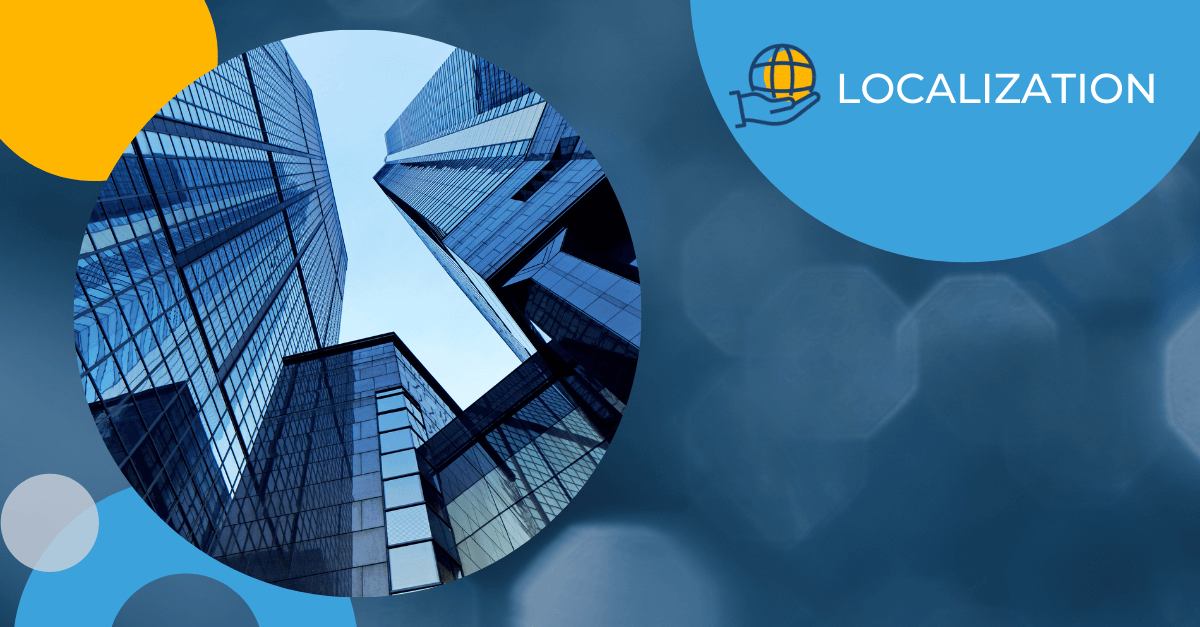Understanding a Professional Language Partner
In an increasingly interconnected world, effective communication across languages and cultures is not just advantageous but essential for businesses aiming to thrive globally. A Professional Language Partner (PLP) plays a pivotal role in enabling this seamless communication by offering a spectrum of specialized language services. From translation and localization to interpretation and cultural adaptation, PLPs ensure that businesses can convey their messages accurately and resonate with diverse audiences worldwide.
When Should You Engage a Professional Language Partner?
Recognizing the right time to engage a Professional Language Partner is crucial for businesses operating in international markets or diverse environments. Here are scenarios where a PLP’s expertise is particularly valuable:
- Global Market Expansion: A PLP ensures that your content resonates with local audiences through accurate localization when entering new international markets.
- Regulatory Compliance: Accurate translations are essential for compliance with local regulations in legal, healthcare, and finance industries.
- Multilingual Customer Support: A PLP provides support in multiple languages, enhancing customer satisfaction and loyalty.
- International Events: Professional interpretation services facilitate smooth communication for global conferences and meetings.
- Technical and Specialized Content: Translating complex materials like technical manuals or legal documents requires specialized knowledge to ensure precision.
To fully benefit from these scenarios, it’s important to choose a PLP that meets your specific needs and standards.
Key Factors to Consider When Choosing a Professional Language Partner
Selecting the right PLP is essential for ensuring effective communication and high-quality results. Consider these factors when making your choice:
- Industry Expertise and Specialization: Choose a PLP with experience in your specific industry or content type to ensure accuracy and relevance.
- Quality Assurance Processes: Ensure the PLP adheres to rigorous quality control standards and holds its processes to certification standards such as ISO 9001, 13485, and 17100.
- Advanced Technology Integration: Opt for a PLP that uses technology like Translation Memory (TM), Machine Translation (MT), and Terminology Management to enhance efficiency and consistency.
- Global Translator Network: A broad network of native-speaking translators ensures accurate adaptation for different regions.
- Reputation and Client References: Check reviews, case studies, and testimonials to assess the provider’s reliability and performance.
Understanding these factors will help you make an informed decision, but it’s equally important to understand the distinctions between translation and localization to tailor your approach effectively.
Translation vs. Localization: Key Differences and Applications
The PLP you approach will have technical jargon like translation and localization, but what does that mean? Understanding the difference between translation and localization is crucial for effective international communication:
Translation involves converting text from one language to another, focusing on preserving the original meaning and context. For instance, translating a user manual from English to Spanish ensures that the instructions are comprehensible to Spanish-speaking users.
Translation is ideal for straightforward text conversion, such as legal documents, technical manuals, or scientific articles, where minimal cultural adaptation is required.
Localization goes beyond translation by adapting content to fit the cultural, regulatory, and linguistic norms of the target audience. This can include changing date formats, units of measurement, idiomatic expressions, and cultural references. For example, localizing a marketing campaign for a specific country involves adjusting images, slogans, and product names to align with local preferences.
Localization is essential for content that interacts directly with the target audience’s cultural norms, such as websites, software, marketing materials, and multimedia content.
Knowing whether your needs align more with translation or localization helps determine the right moment to engage a Professional Language Partner for your specific translation services.
Optimal Timing to Approach a Professional Language Partner for Translation
Timing is crucial when engaging a PLP for translation services. Here’s when you should consider reaching out:
- During Project Planning: Early engagement helps plan and integrate translation needs into the project workflow. This approach ensures translation is a core part of the project, not an afterthought.
- At Product Development: When developing new products for global markets, incorporating translation from the start aligns product features with local requirements and regulations.
- Pre-Launch Phase: Before launching a product or service in a new market, having translated and localized content ready is critical for a successful introduction.
- For Regulatory Filings: In industries like pharmaceuticals, legal, and finance, translation is often required for regulatory submissions and compliance documents.
By strategically timing your engagement with a professional language partner, you can ensure a smoother process and better results. To maximize these benefits, consider partnering with a trusted provider like Morningside.
Partner with Morningside for Your Language Solutions
Effective global communication demands more than just translation—it requires expertise, precision, and cultural sensitivity. As you navigate the complexities of international markets, partnering with a reliable PLP is essential.
Morningside, a Questel Company, equips the world’s leading organizations with accurate, high-quality, professional translation services. We specialize in highly regulated industries, including legal, life sciences, corporate compliance, and IP. We help your ideas reach new markets and audiences while allowing you to do more with your budget. Our global network of 8,000+ vetted translators includes subject matter experts (SMEs) in various technical fields and practice areas. Morningside is supported by industry-leading technology and a quality management system certified to the latest ISO 9001, 13485, and 17100 standards. We translate complex materials into 200+ languages for Global 500 companies, international law firms, and regulatory bodies.
Ready to expand your reach? Contact Morningside today to discover how we can support your global communication needs.



